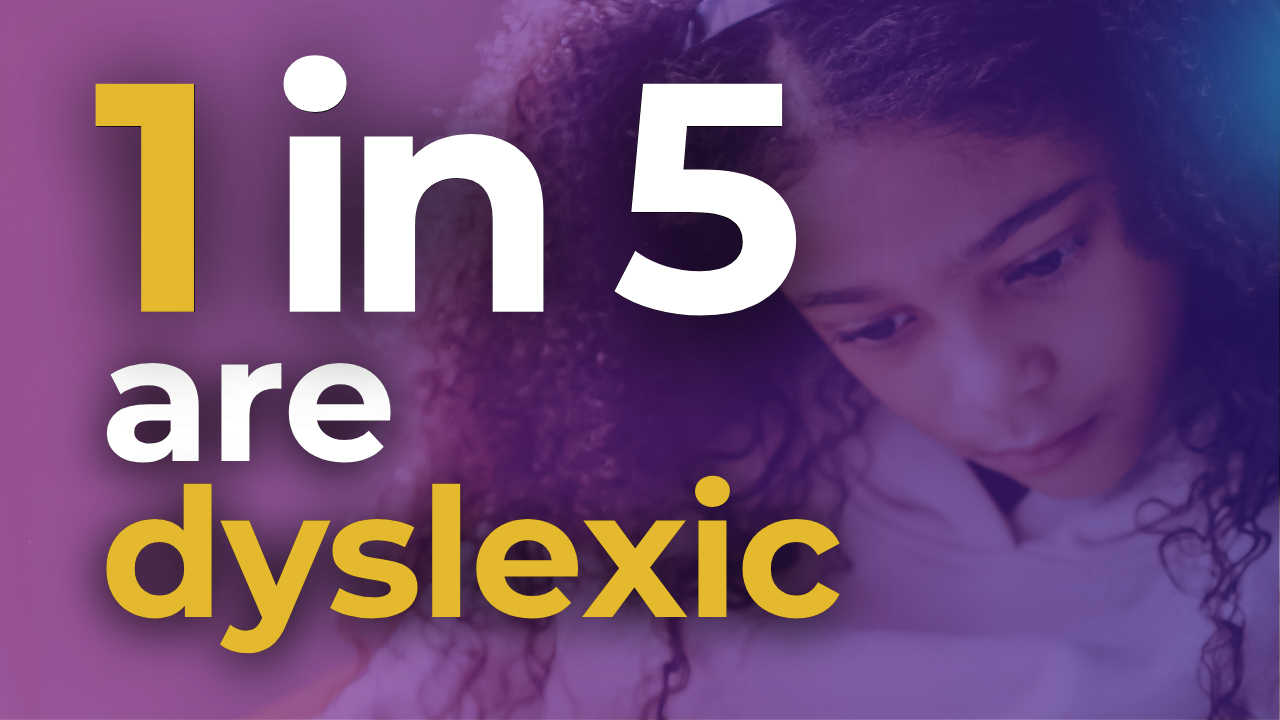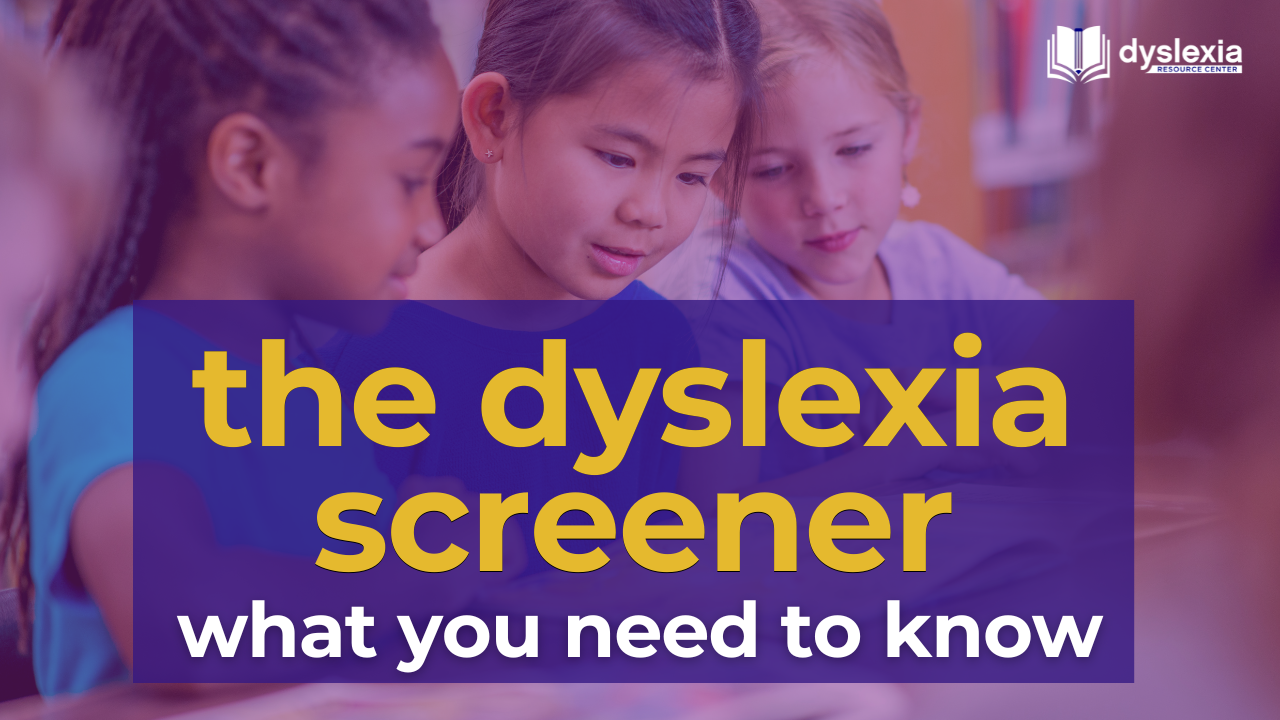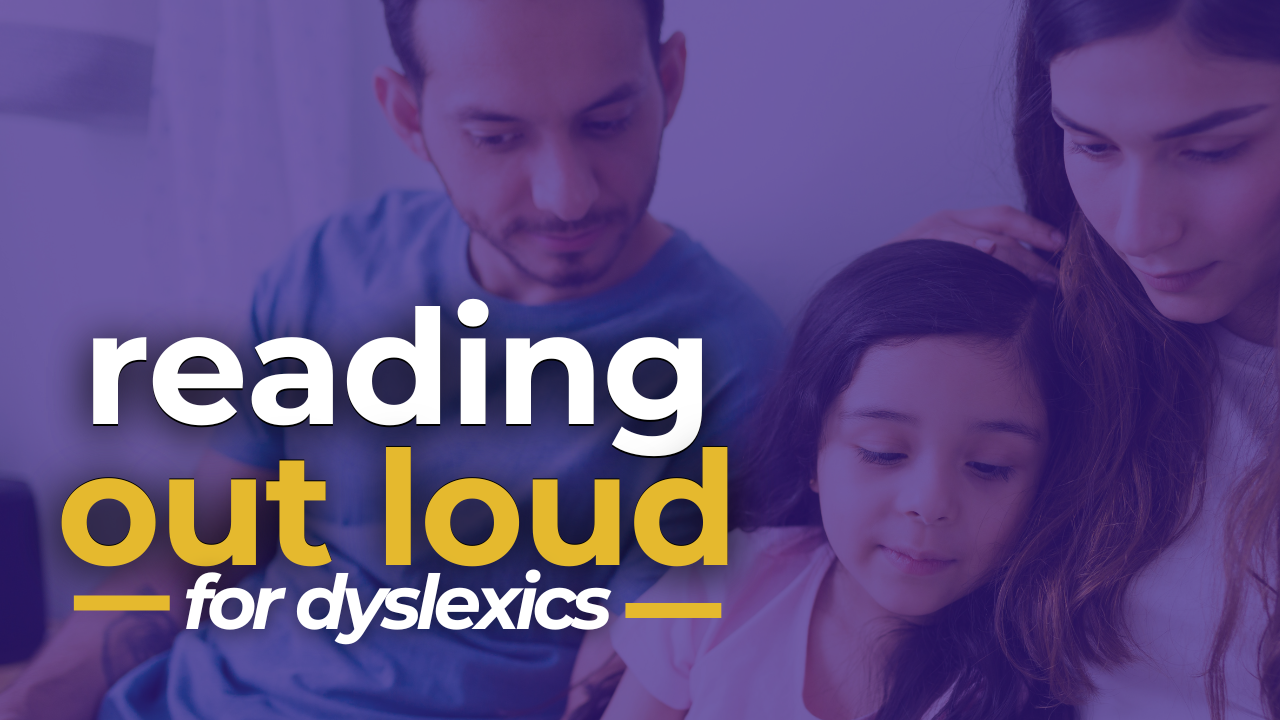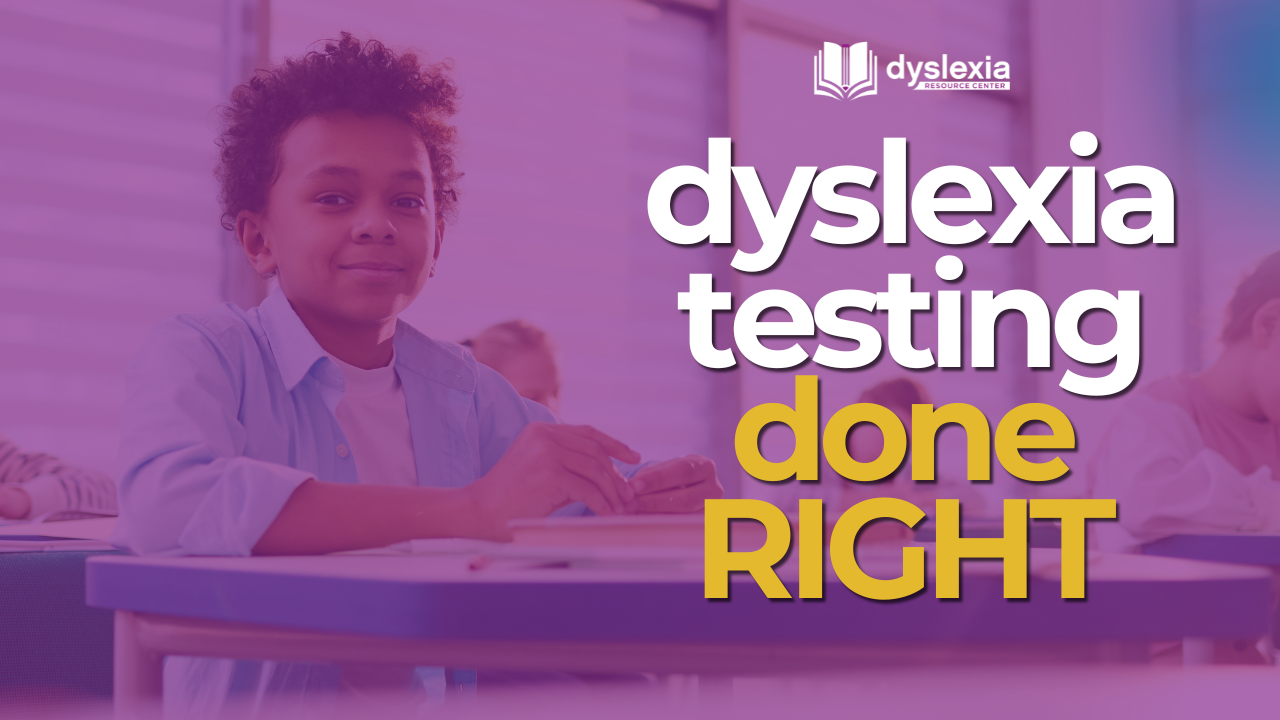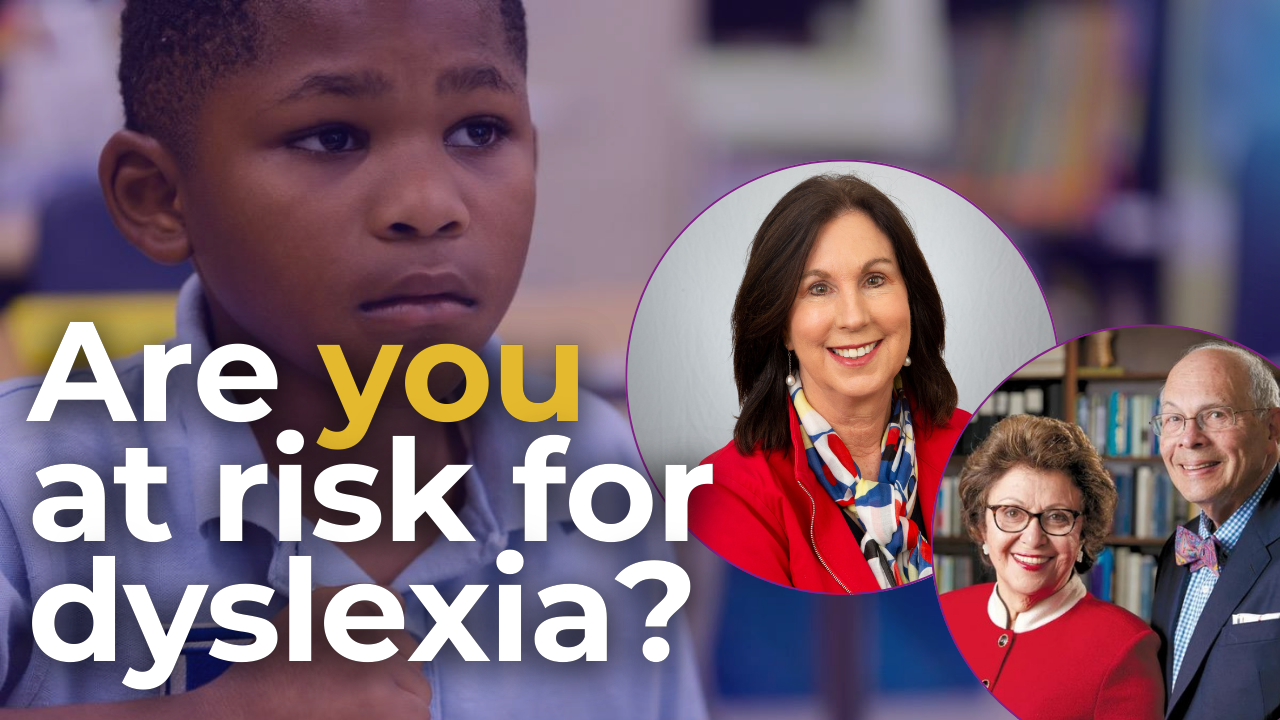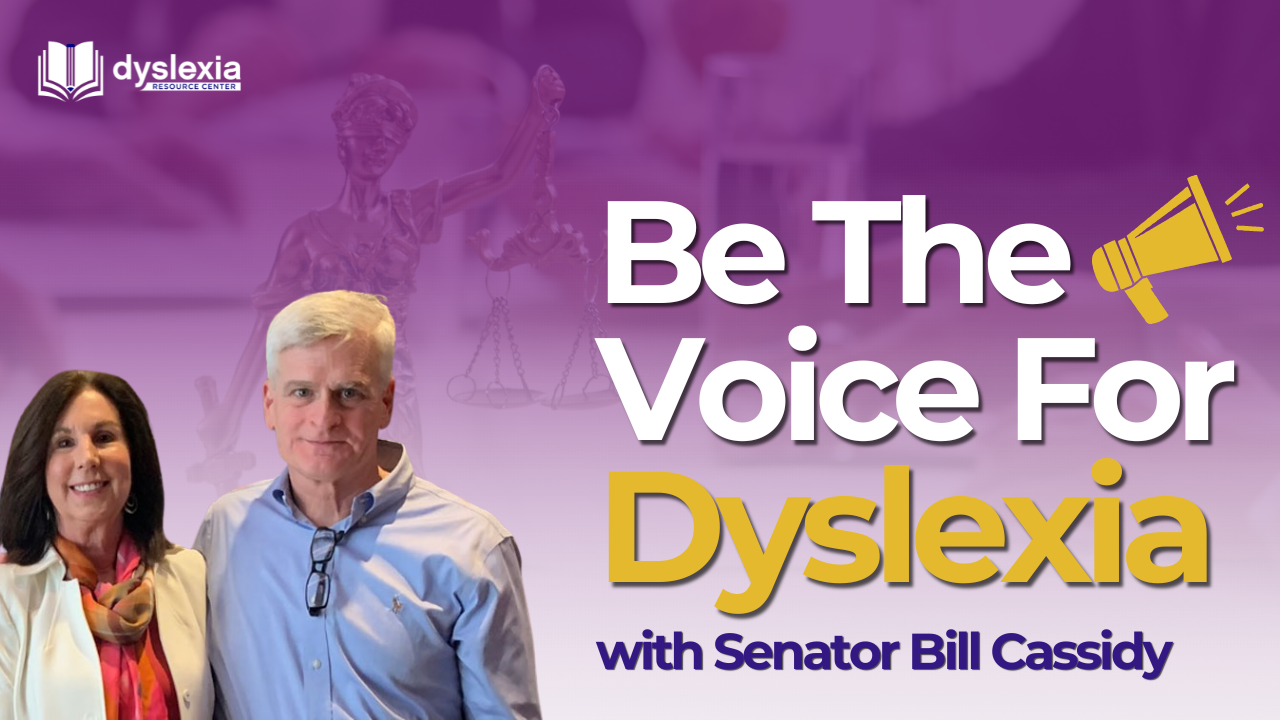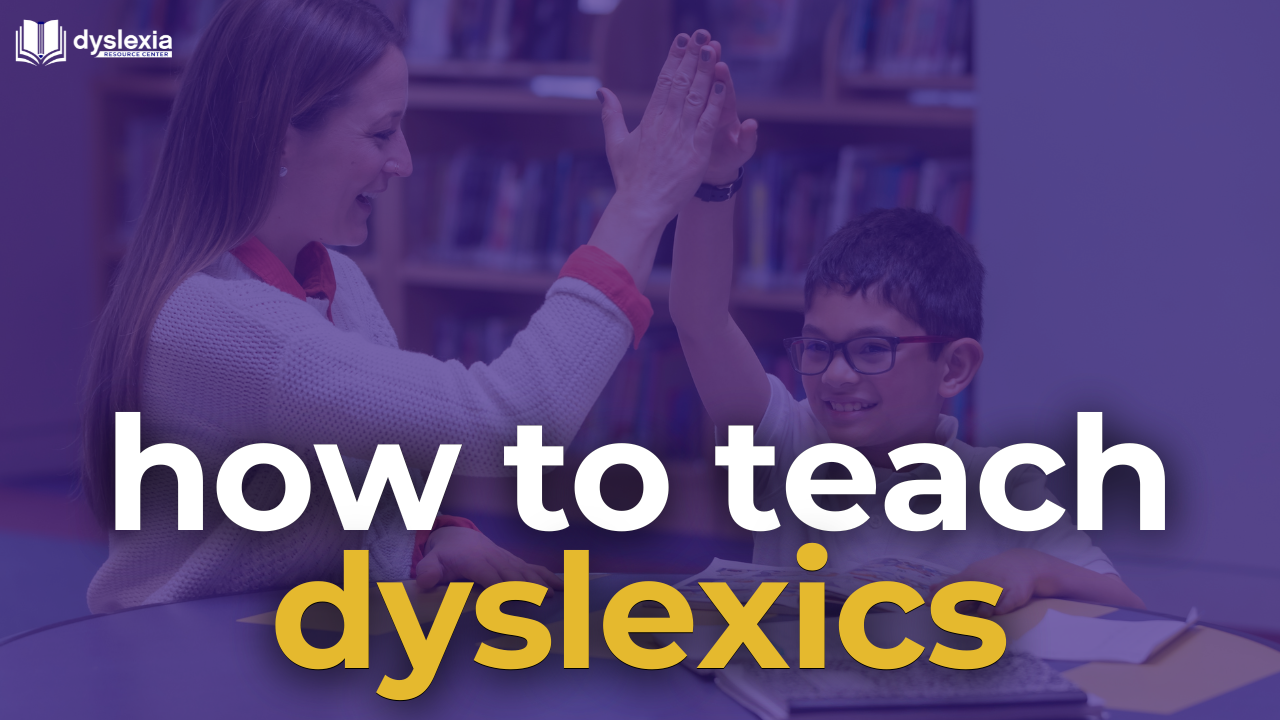A Call To Volunteers And Workers In Schools
Empowering Struggling Readers: A Call to Action for Educators and Volunteers
If you volunteer or work in a school setting and encounter students who are struggling with reading, you possess a unique opportunity to make a meaningful difference in their lives. It's essential to ask critical questions and explore personalized interventions for those who need extra support in reading.
By tailoring instruction to address their specific needs, you can help struggling readers build confidence, improve their skills, and unlock a world of knowledge and possibilities. Whether it's through one-on-one tutoring, guided reading sessions, or targeted interventions, your commitment and dedication can truly transform the trajectory of these students' lives.
The Power of Reading Aloud
One effective strategy is to engage struggling readers by encouraging them to read aloud to you. However, it's not enough to focus solely on sight words or familiar texts. Instead, provide opportunities for students to read unfamiliar material, such as new books or passages they haven't encountered before.
This approach helps assess their true reading abilities beyond mere memorization. By exposing struggling readers to new vocabulary and syntax, you can help expand their language skills and improve their comprehension.

Assessing Fundamental Skills
Start by assessing fundamental skills such as letter recognition and phonemic awareness. Can the student identify letters and match them to their corresponding sounds? Can they decode unfamiliar words or non-sight words? By identifying specific areas of difficulty, educators and volunteers can tailor interventions to address the unique needs of each student.
This individualized approach is crucial in providing targeted support and ensuring progress. Additionally, it's important to consider the student's fluency and comprehension. Are they able to read with accuracy, speed, and expression? Can they understand and interpret the meaning of the text? Conducting regular assessments can help track their growth and inform instructional decisions.

Creating a Positive Reading Environment
Beyond specific strategies, creating a positive reading environment is essential. Encourage a love for reading by providing access to a diverse range of books and genres. Celebrate their achievements, no matter how small, and foster a sense of community where students feel supported and valued.
Personalizing Support for Struggling Readers
Personalizing support for struggling readers is crucial for fostering real change. Individuals who struggle with reading often experience feelings of inferiority and low self-esteem. Without appropriate intervention, they may internalize these struggles as a reflection of their intelligence or work ethic. This misconception can have profound consequences for their academic and emotional well-being.

Understanding Dyslexia
One of the greatest challenges for dyslexic individuals is the lack of recognition and understanding of their condition. Without a proper diagnosis, dyslexic students may attribute their struggles to personal shortcomings rather than a specific learning difference. This misunderstanding can perpetuate feelings of inadequacy and hinder their ability to seek help and support.
By acknowledging dyslexia and its impact on reading, individuals can begin to understand the underlying reasons for their struggles. It's important to emphasize that dyslexia has nothing to do with intelligence; rather, it's a neurological condition that affects reading and language processing. Armed with this knowledge, dyslexic individuals can advocate for themselves and seek appropriate interventions to improve their reading skills.

Addressing the Broader Implications
In addition to reading difficulties, dyslexic individuals may also experience challenges with spelling, writing, test-taking, and time management. Understanding the broader implications of dyslexia can help educators and volunteers provide comprehensive support that addresses all aspects of learning.
Advocating for Change
While volunteering or working in schools is commendable, it's essential to go beyond mere participation and actively advocate for change. The stagnation in reading scores, particularly among marginalized communities, underscores the urgency of this issue. Blaming teachers or educational policies is counterproductive; instead, we must prioritize understanding dyslexia and implementing evidence-based interventions.
By raising awareness, providing training, and advocating for systemic changes, educators, administrators, and volunteers can create a more inclusive and supportive learning environment for dyslexic students.
Together, we can empower struggling readers to unlock their full potential and thrive academically and personally.
Conclusion
Empowering struggling readers requires a multifaceted approach that combines personalized interventions, understanding of dyslexia, and advocacy for change. By recognizing the unique needs of each student and addressing the broader implications of dyslexia, educators and volunteers can make a profound impact on the lives of struggling readers.
Let us unite in our efforts to create a more inclusive educational system where every student has the opportunity to succeed. To learn more about making a difference as a Dyslexia Therapist or Practitioner, check out our
Dyslexia Therapy Training Program.
